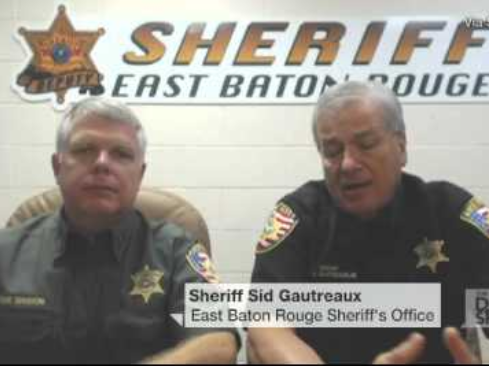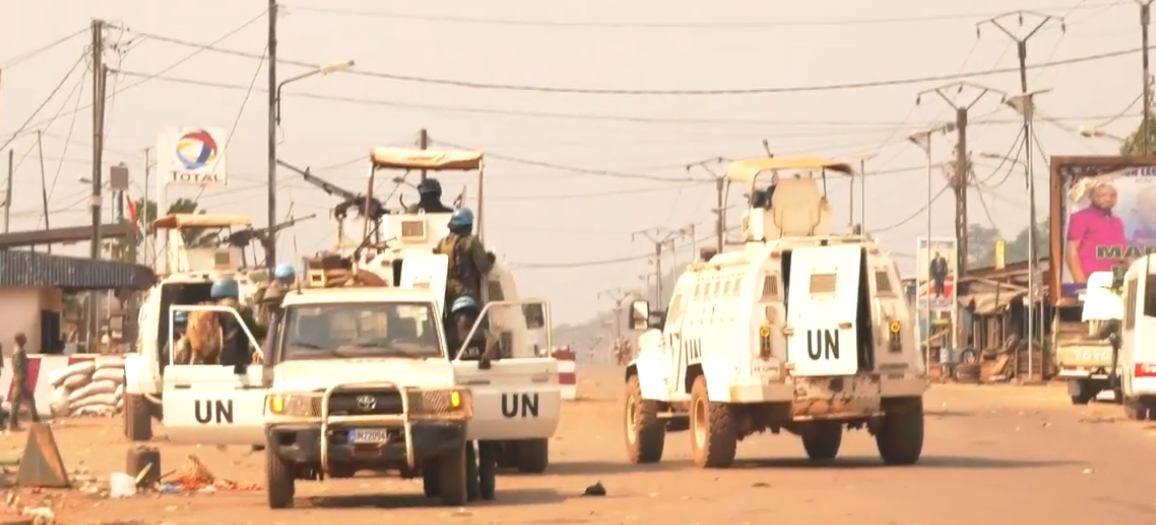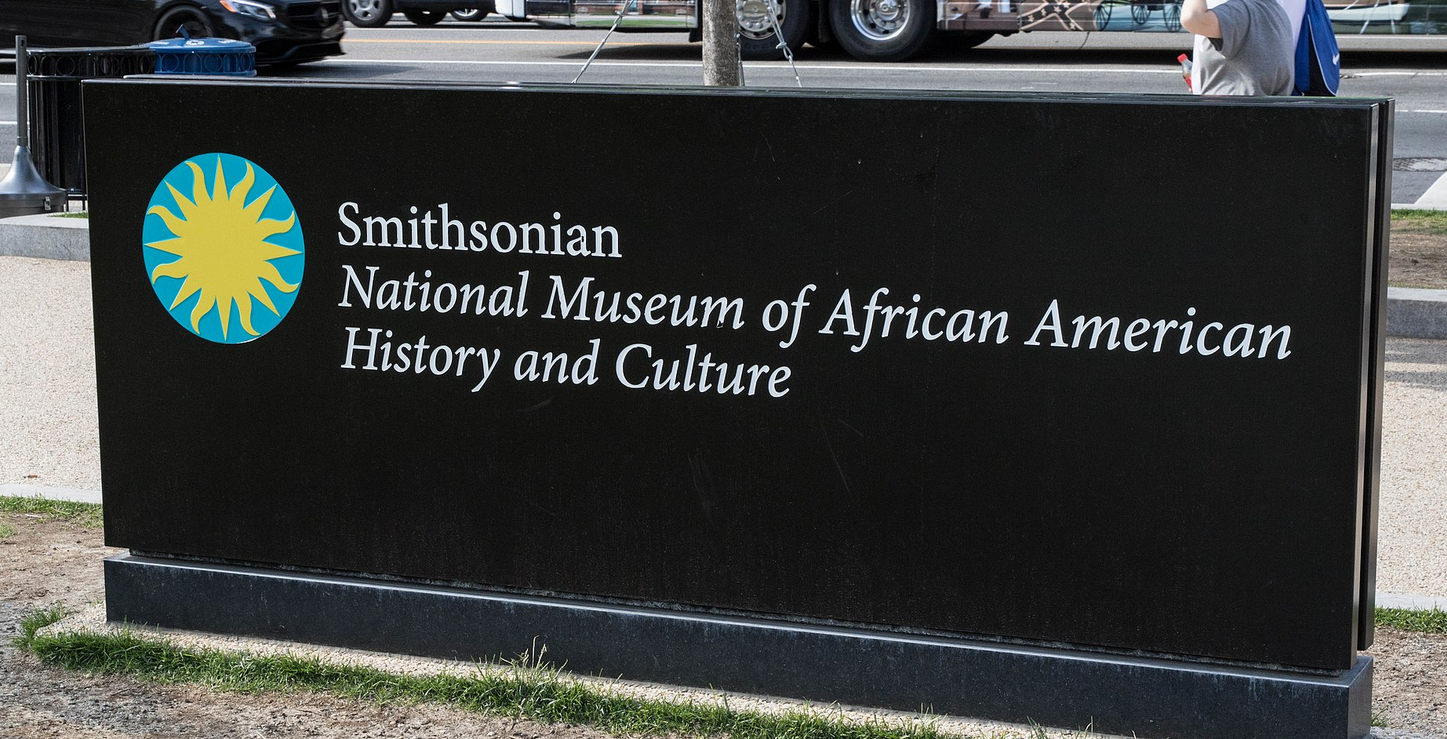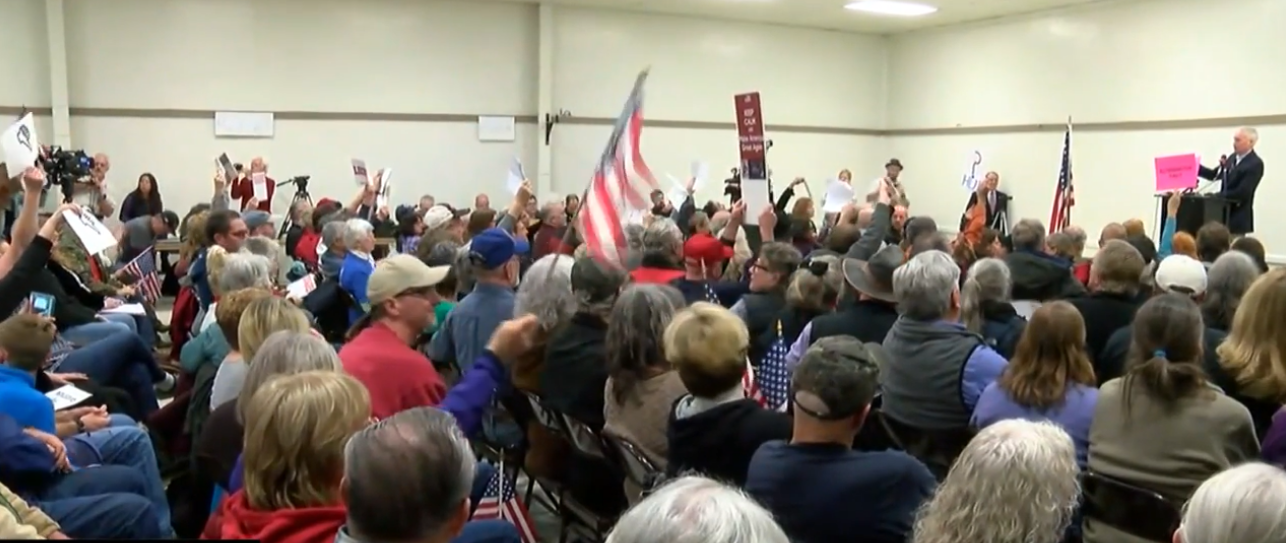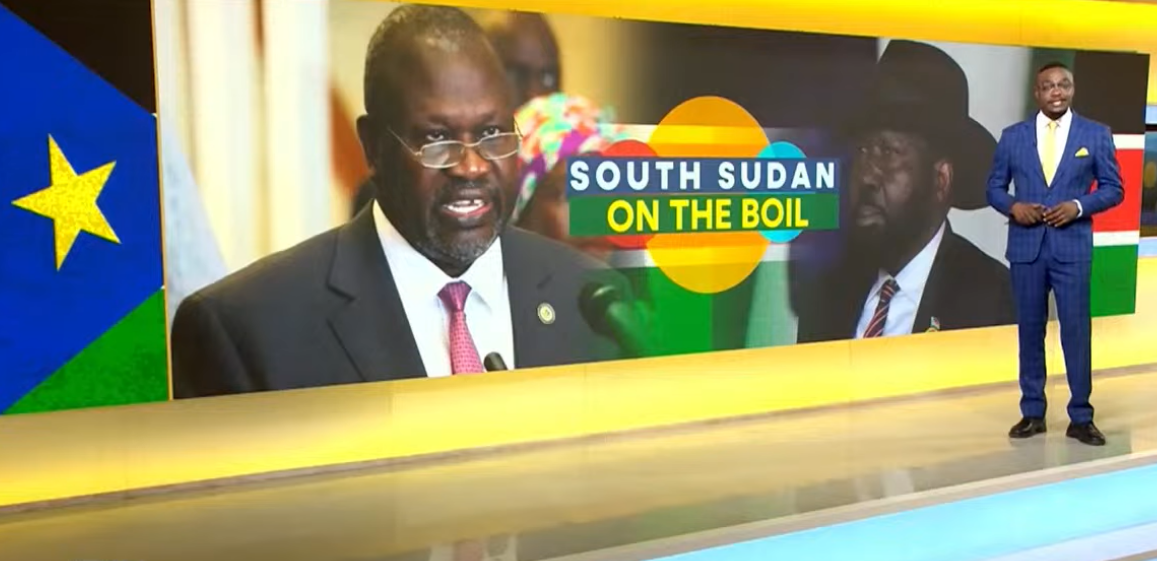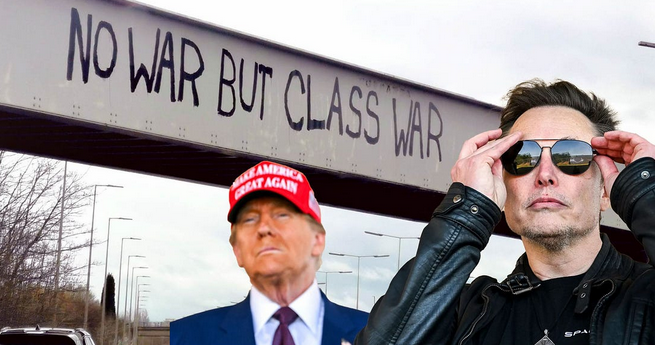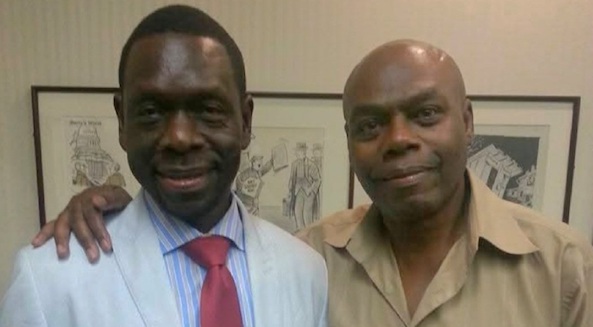[East Baton Rouge Parish Sheriff\Qualified Immunity]
ACLU: “Deputies fired 21 shots into Travis Stevenson’s vehicle, killing him, despite the fact that Stevenson posed no immediate threat to the officers.”
Photo: YouTube
Photo: YouTube
The ACLU of Louisiana’s Justice Lab and the UCI Irvine Law School Civil Rights Litigation clinic have filed a brief asking the Fifth Circuit Court of Appeals to overturn a district court’s ruling in favor of East Baton Rouge Parish sheriff’s deputies, who were granted qualified immunity for killing an unarmed man experiencing a mental health crisis in 2016.
Deputies fired 21 shots into Travis Stevenson’s vehicle, killing him, despite the fact that Stevenson posed no immediate threat to the officers.
Qualified immunity is a legal doctrine that can shield police officers and other public employees from liability for misconduct in civil lawsuits.
Stevenson’s family filed civil suit against the officers for using excessive force, and against East Baton Rouge Sheriff [Sid] Gatreaux for failing to train his deputies to appropriately respond to people suffering mental health crises. In June, the district court sided with the deputies in all respects, ruling that their use of force was reasonable and granting qualified immunity to the officers involved.
In its brief, the ACLU of Louisiana asserts that the district court erred in its decision and presents substantial evidence that “there was no objectively reasonable basis for the deputies to believe that Mr. Stevenson posed any immediate threat of death or serious bodily injury to anyone on scene when they fired.”
The brief notes that Stevenson’s vehicle was boxed-in and did not pose a threat to the deputies, nor was Stevenson attempting to flee.
The brief is the first legal filing brought by the ACLU of Louisiana’s Justice Lab, an intensive litigation effort to challenge racially discriminatory policing practices and combat police violence against people of color. Through direct legal representation and community advocacy, Justice Lab aims to create a partnership among directly-impacted people, communities, private law firms, and legal clinics to challenge racially discriminatory policing practices in Louisiana.
